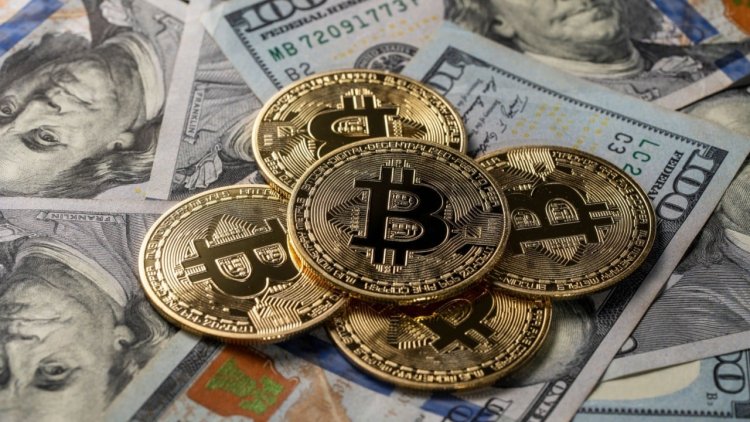Latam Insights Encore: El Salvador's Bitcoin Strategy Threatens $1.4 Billion IMF Deal
Discover how El Salvador’s bitcoin policies might jeopardize its $1.4 billion agreement with the IMF. Is President Bukele’s crypto strategy at odds with economic stability?

Latam Insights Encore: Can Bukele’s Bitcoin Strategy Derail the IMF Agreement?
El Salvador’s $1.4 billion agreement with the International Monetary Fund (IMF) has sparked global interest. The deal, aimed at stabilizing the country’s economy and improving its payment balance, represents a significant step for the small Central American nation. However, President Nayib Bukele’s continued embrace of Bitcoin is raising questions about whether the agreement is at risk of falling apart before it is finalized.
The IMF Agreement: A Fragile Victory
After months of negotiations, El Salvador announced a tentative agreement with the IMF. The deal promises $1.4 billion in financial aid to bolster the country’s balance of payments, provided El Salvador complies with specific terms aimed at mitigating economic risks—chief among them, distancing itself from Bitcoin.
Conditions of the Deal
Reports suggest the IMF expects El Salvador to repeal Bitcoin’s status as legal tender and halt its purchases for the country's strategic reserve. These conditions were reportedly among the most contentious points during negotiations, delaying the agreement since April.
However, the joint release of the agreement lacked any explicit mention of these stipulations, leaving room for ambiguity. Despite the IMF’s conditions, Bukele has doubled down on Bitcoin, purchasing 29 BTC in the last week alone.
Bukele’s Bitcoin Stance: A Defiant Gambit
President Bukele’s administration has continued to advance its Bitcoin strategy, viewing it as a long-term asset for the nation. El Salvador became the first country to adopt Bitcoin as legal tender in 2021, a move that has drawn both praise and criticism globally.
Recent Developments
Rather than scaling back on Bitcoin, as the IMF implied would be necessary, Bukele’s government has accelerated its acquisition of the cryptocurrency. This defiance has left analysts questioning whether El Salvador intends to comply with the deal's terms, especially with the IMF’s Executive Board still needing to approve the agreement.
Potential Fallout
The agreement with the IMF remains at the staff level, meaning it is not yet binding. The IMF’s Executive Board must approve the deal before funds can be disbursed. Bukele’s continued Bitcoin purchases could lead the IMF to reconsider its position.
Risks of Non-Compliance
- Economic Instability: Failing to secure IMF support could exacerbate El Salvador’s fiscal challenges.
- Global Reputation: A breach of trust with the IMF might deter other international institutions and investors.
- Domestic Fallout: While Bitcoin supporters back Bukele’s strategy, economic hardships from losing IMF funding could lead to political backlash.
A Confusing Future
The outcome of this situation remains uncertain. Will Bukele’s defiance jeopardize the IMF deal? Or will the IMF overlook El Salvador’s Bitcoin activities in favor of broader economic stabilization?
As the deal awaits final approval, all eyes are on El Salvador. The country’s actions in the coming weeks could redefine its economic trajectory—and its place in the global cryptocurrency landscape.
What’s Next?
The IMF’s decision will likely hinge on whether Bukele’s administration demonstrates a willingness to align with the deal's terms. For now, the tension between Bitcoin ambitions and international cooperation hangs in the balance.
What's Your Reaction?















